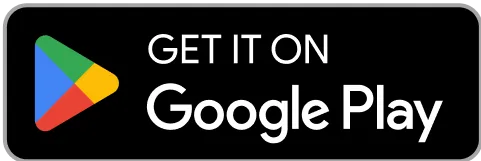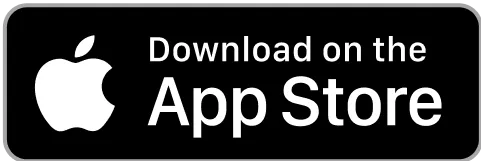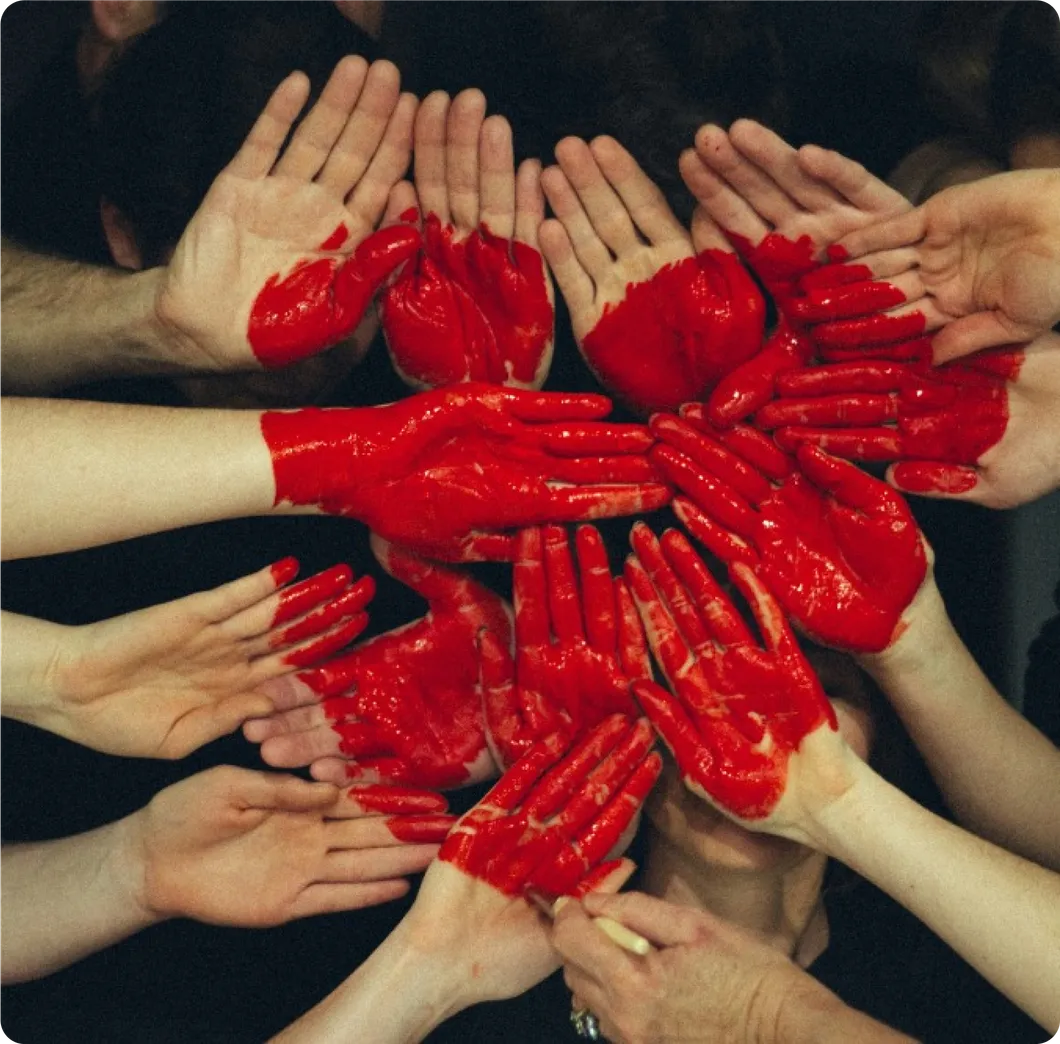A gentle and holistic form of energy healing that originated in Japan. It is based on the belief that there is a universal life force energy that flows within and around us, and when this energy becomes imbalanced or blocked, it can lead to physical, emotional, or spiritual issues. Reiki practitioners use their hands to channel this healing energy to restore balance and promote well-being.
During a Reiki session, the practitioner places their hands lightly on or near the recipient's body, allowing the healing energy to flow through them. The energy is intelligent and goes where it is needed most, addressing imbalances on all levels - physical, emotional, mental, and spiritual. Reiki is a non-invasive and safe practice that can be used alongside other medical or therapeutic approaches.
Reiki is not affiliated with any specific religious or belief system, making it accessible to people of all backgrounds. It is often described as a deeply relaxing and calming experience, promoting a sense of peace, harmony, and inner healing. The recipient may experience sensations of warmth, tingling, or deep relaxation during the session.
Reiki is not only used for addressing physical ailments but also for promoting emotional and spiritual well-being. It can help reduce stress, anxiety, and tension, as well as support the release of emotional blockages or traumas. Reiki is also used for personal growth, self-awareness, and spiritual development, as it can enhance one's connection to their inner self and higher consciousness.
While Reiki can be received from a practitioner, it is also possible to learn and practice Reiki oneself through attunements and training. Many individuals become Reiki practitioners or Reiki masters to share this healing modality with others and contribute to the well-being of themselves and their communities.
Reiki
Definition
Noun
Continue your Journey in our app
Let our app be your companion on the sacred journey of self-discovery and empowerment. Unlock your immense potential and live a more meaningful existence.
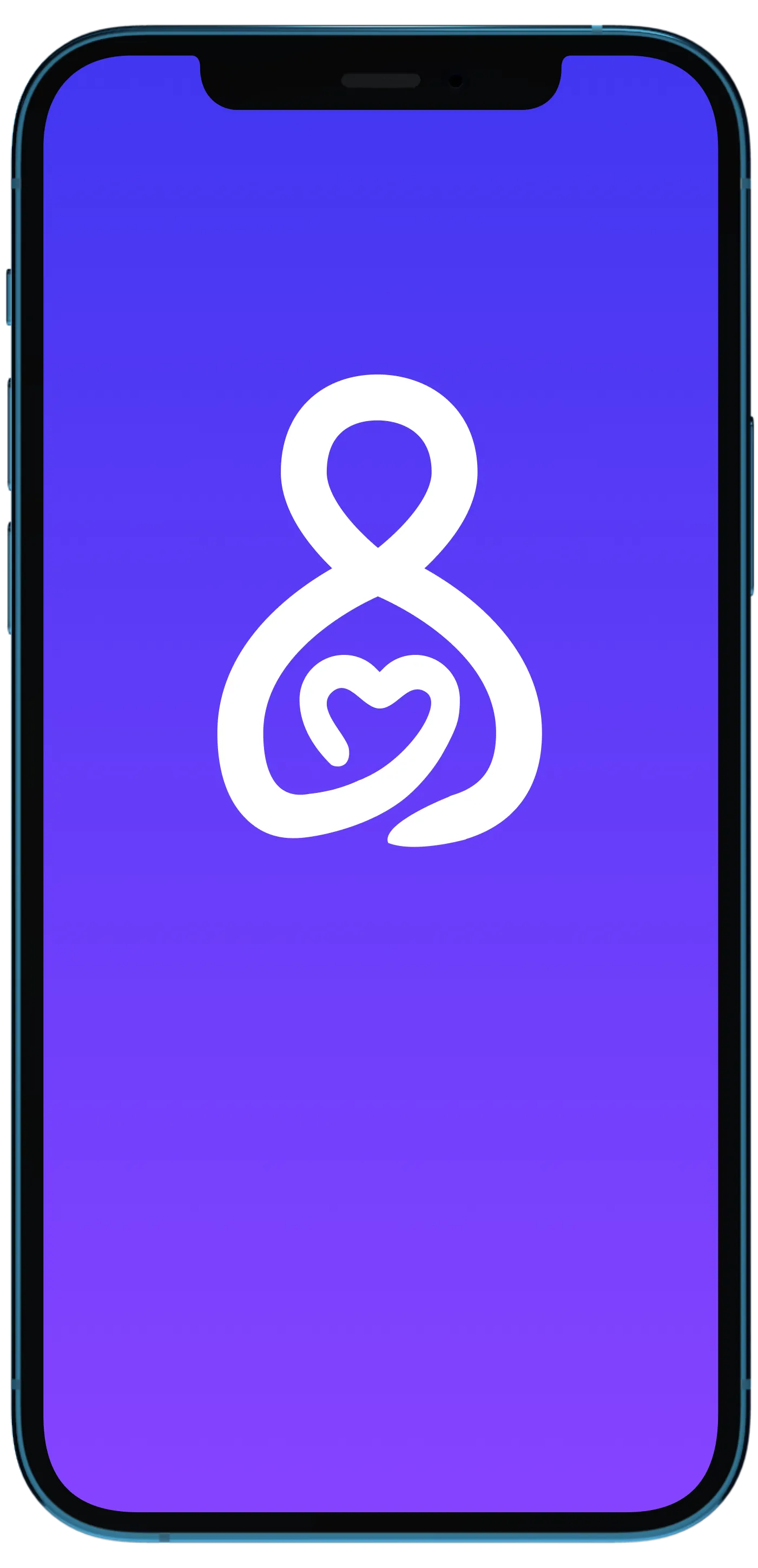
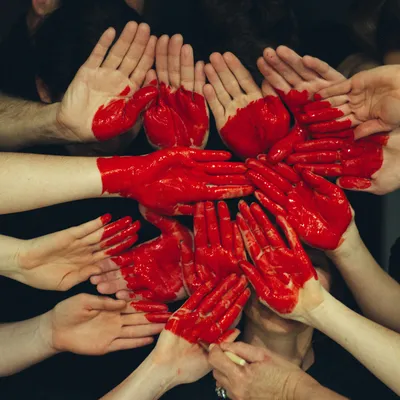
Contribute to our mission
At Spiriway, we guide individuals on their path to higher consciousness and spiritual growth.
Your support enables us to offer resources and experiences that empower people to connect with their inner selves.
Together, we’re fostering a community where everyone can learn, grow, and thrive on their spiritual journey.
We always wanted to Help and through Spiriway, we are finally able to.
© 2025 Spiriway.com All rights reserved.
